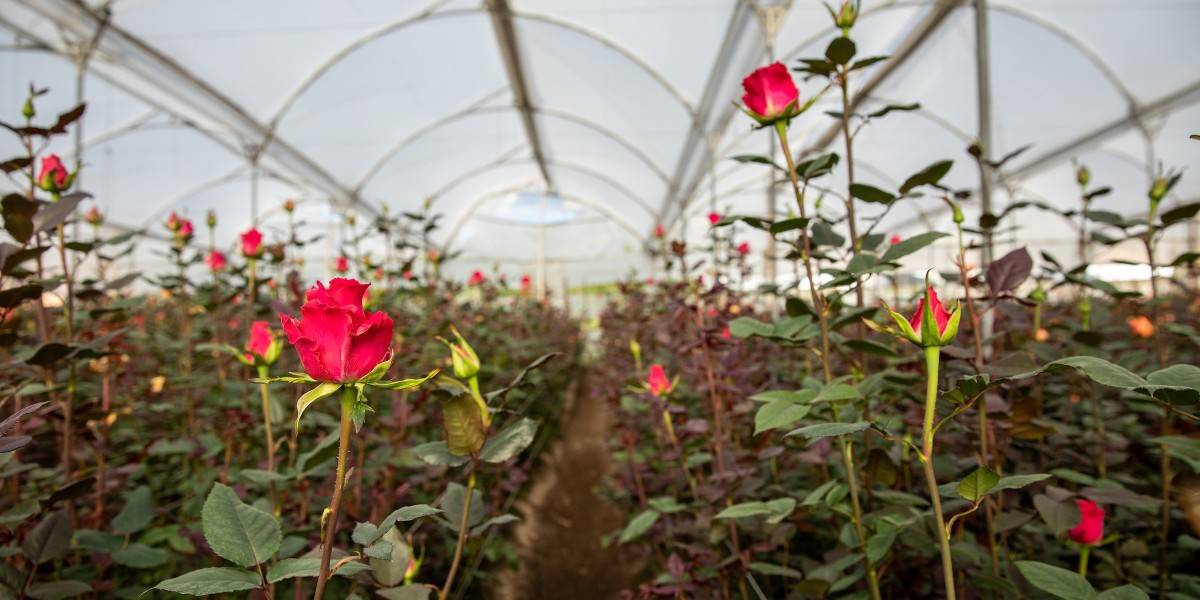
Roses are generally cultivated by using seeds, budding, and cuttings but most of the farmers are planting them by using seeds. It can be a lovely addition to the garden as a foliage plant, but it needs a lot of care. We grow roses for the blossoms. These big, beautiful, elegant flowers are the ones that fill vases and bouquets, and that have inspired artists for centuries.
Therefore, it’s so disturbing when a rose doesn’t bloom. I mean, what’s the point in nurturing this plant all year long if it is not going to bloom with those incredible flowers?
Reasons Why Roses May Not Flower:
There’re various reasons why a rose will fail to blossom. Here are the top 7 common reasons that we are going to discuss in this article:
1. Blind Shoots:
Blind Shoots are stems that form without buds. The rest of the plant might look normal and as happy as can be, and the shoots themselves look healthy. But no matter how long it grows, a blind shoot never produces a bloom.
Make sure to check your plants regularly to avoid such problems. To deal with blind shoots, just do one thing when you see them, just snip the head off of any shoots that don’t bloom with a pair of clean clippers, cutting above a five-leaf leaflet.
2. Not Pruning Often Enough:
Roses need yearly pruning to flower abundantly. And some roses only flower on new growth, not old wood. When you cut a cane, the plant sends out new canes to replace the parts you removed. If you don’t prune your plant often enough, it won’t produce as much new growth. Luckily, the solution is pretty simple. If you haven’t pruned in a few years, get on it!
3. Disease Problem:
A diseased plant is stressed, and so it doesn’t always produce flowers. Black spot causes fewer flowers to form, and the ones that do form are thinner and paler than normal. With botrytis blight, the buds may fail to open or they might be distorted if they do.
4. Pests:
If there’s a problem with pests, most of the time you’ll see buds start to form but they won’t open. If they do open, they will be distorted or discolored or may show signs of having been nibbled on. A high number of aphids may cause fewer or distorted blossoms to form, while Japanese beetles feed on forming buds, which can prevent them from opening.
5. Fertilizer Issues:
Plants need food to thrive and fertilizer is a good thing. But in excess or the wrong type of fertilizer will encourage the plant to produce foliage at the expense of blossoms. Besides sunlight problems, this is one of the topmost common issues that reduces or stops flowering. When you fertilize roses, do not use nitrogen-heavy food. You want something more balanced for flowering plants.
6. Not Enough Sunlight:
Sunlight is definitely the most common environmental stressor that prevents blooming. And when I say sunlight, what I actually mean here is a lack of light. A rose may fail to blossom because it was receiving too much sun.
The best way to tell if sunlight is an issue is to watch your rose for a day or two, and record how much direct light is falling on it throughout the day in your gardening journal.
7. Pruning Too Much:
Pruning incorrectly is one of the biggest issues. Some roses you can prune away and they’ll still give you a colorful show. But other varieties, like old garden roses, take a bit more care. Damask and moss roses are particularly sensitive to over as well as under pruning.
Don’t prune too much or too early in the spring, or you run the risk of cutting off the stuff that the plant needs to blossom that year. If you were a bit heavy-handed, just give the plant a year to recover and it should be fine.
Roses want to show off their flowers that's how they reproduce. They just need a little support from you! Just Go Ahead!!
(Source: Gardener's Path)











